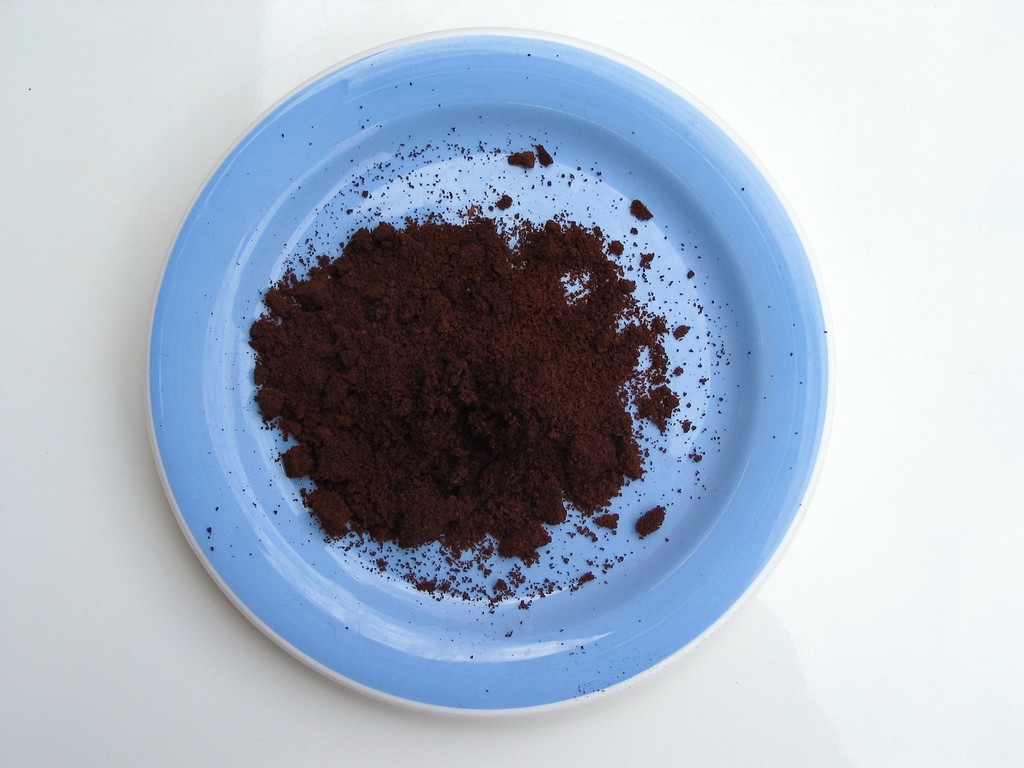

Businesses regularly dispose of hundreds of items that still have useful lives–that’s why a new online platform is connecting companies to charities and individuals, trying to help clear up what businesses are clearing out.
In the United Kingdom, companies produced 48 million tonnes (or about 96 billion pounds) of waste in 2012, of which about 20 million tonnes (about 40 billion pounds) went into landfill sites, according to government statistics.
For many businesses it is simply cheaper and easier to throw adequate but unwanted items away rather than arrange for them to be reused. May Al-Karooni, the entrepreneur behind Globechain, says it doesn’t have to be that way.
Since starting her company in 2013, Al-Karooni has sent unwanted toilets to a school for the disabled in the London borough of Hackney, put desks and computers into the offices of local charities, helped to re-home industrial microwaves from a restaurant chain, and sent computer screens to community projects in Africa.
She has even passed on discarded coffee grind from a well-known coffee retailer in Canary Wharf. Coffee grind, it turns out, is an ideal medium for growing mushrooms. Al-Karooni found an East London charity that wanted it for growing oyster mushrooms to sell to local restaurants.
She found yet another surprise in the case of St. Michael’s Hospice, a medical charity in Hastings that took delivery of 90 fashionable-looking chairs via Globechain’s site. It was only after a member of the public tried to buy one that the hospice realized its new seating was the work of French design icon Philippe Starck.
“Companies are happy to give these things away,” said Al-Karooni. “They can see the waste “¦ and there are people out there who do really want these things. We’re just helping to bring them into one place.”
Items donated via the Globechain site are either reused or up-cycled, meaning the receiver finds an alternative use for those things that might otherwise be scrapped.
The Globechain website allows users to search or donate items they no longer want, but where it differs from localized initiatives such as Freecycle or Freegle is in its concern with recording the social impact of what a company donates and providing sustainability data for its accounts. In the wake of E.U. and U.K. legislation on waste management this kind of reporting is likely to be increasingly important.
“The idea is to give an extended audit of where things go,” said Al-Karooni. “We encourage feedback from the recipients, and it’s useful for everyone. Companies use it for their tenders, and charities are using it for their funding applications.”
Perhaps all the interest in recording and auditing this kind of information comes from Al-Karooni’s own background in finance. She once worked for a venture capital firm in London, and it was there that she came up with the idea for her own company. “The bank I was working in was moving offices and they came round to all of us and asked what kind of desk and furniture we wanted in the new office and I thought, “‘What’s wrong with the ones we have now?’ The bank estimated it cost them £50,000 per person to do the refurb. There was definitively an opportunity there to save money and make a difference,” she said.
That difference is being recognized. Socialab, a Colombian startup incubator, has already offered Al-Karooni the opportunity to attend a conference for international entrepreneurs and present her plans for the company. She suggests it might even lead to the start of Globechain Colombia.


How We Get To Next was a magazine that explored the future of science, technology, and culture from 2014 to 2019. This article is part of our The Future of Food section, which covers new innovations changing everything from farming to cooking. Click the logo to read more.
